Our Vision
Our ambition is to make electrolchemical processes more competitive, through enhancing the performance and competitiveness of catalysts
By optimising the application of catalysts, developing bespoke solutions and advanced catalytic materials, we can drive the decarbonisation of industry
Find out more

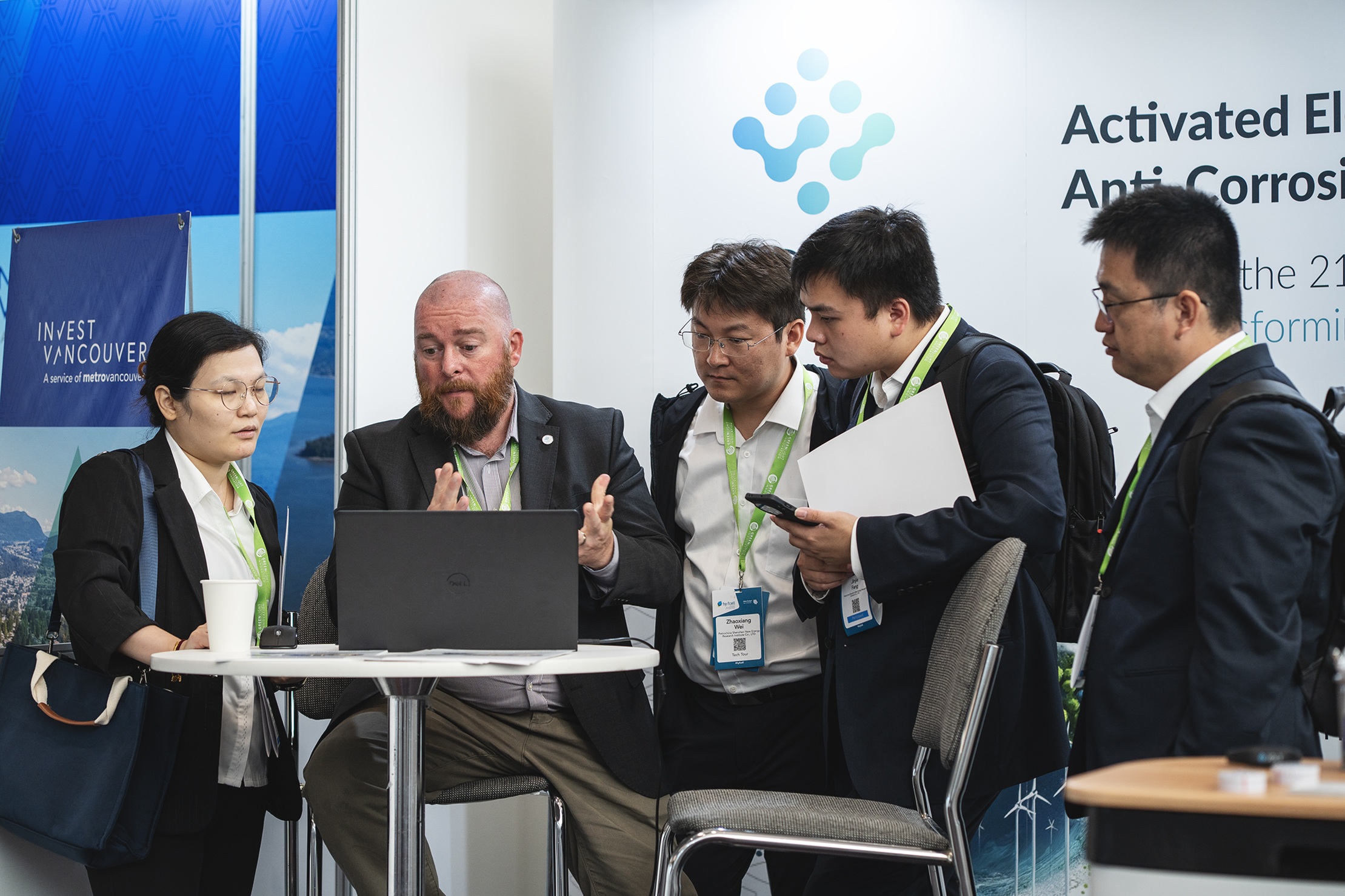
Setting the Next Industry Standard
We believe our SPARKFUZE™ process can set the 21st century standard for producing electrodes, with transformative impact for unlocking Green Hydrogen and decarbonising industry.
Working with our industrial partners we can revitalise & transform electrolysis in terms of sustainability, performance & cost effectiveness.

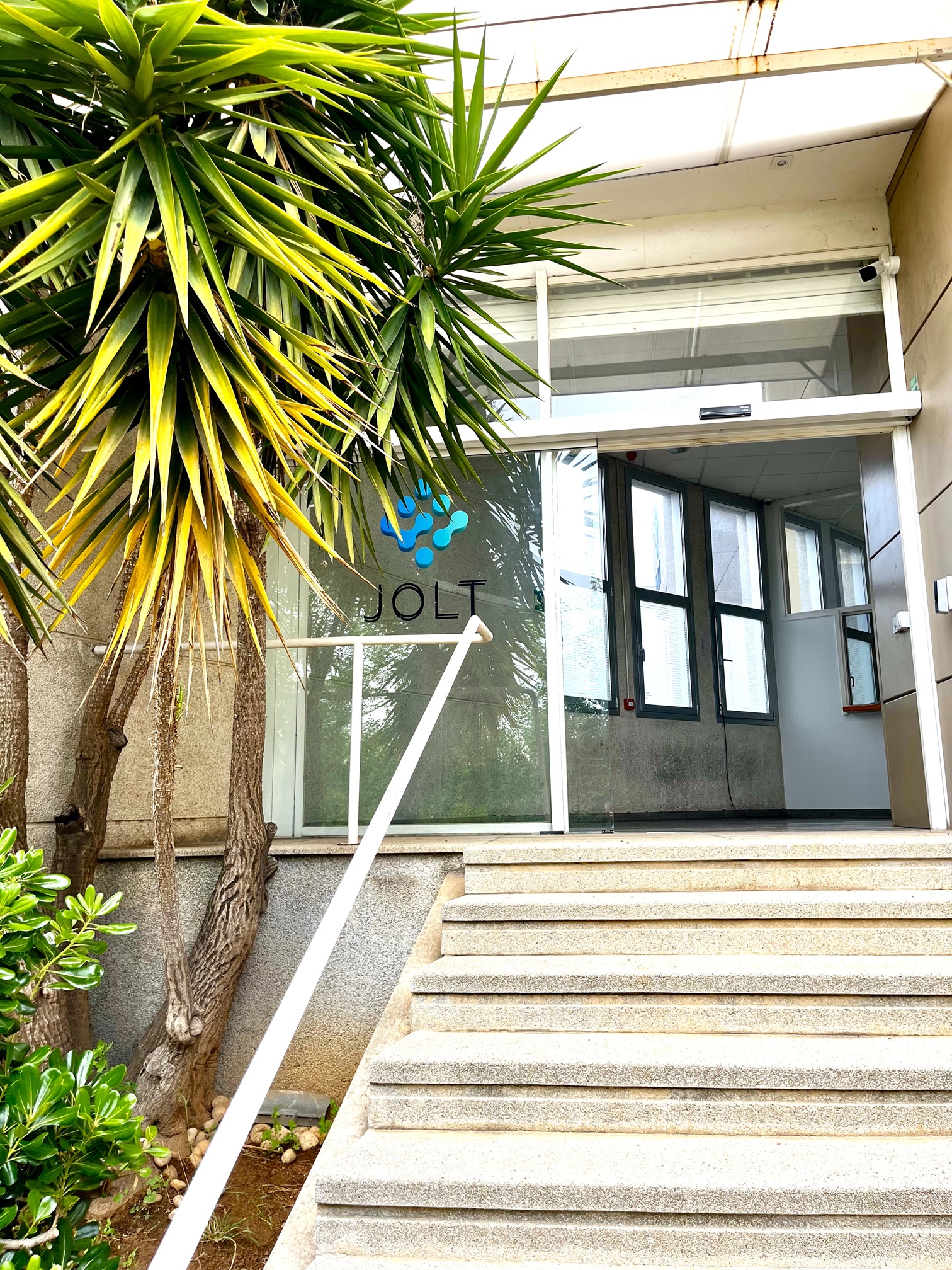
The Team
Jolt Solutions is the largest spinoff of ICIQ in Barcelona, a prestigious global research institute ranked amongst the world’s top five and one of the few focused on catalysis. Our international team includes recognised chemists, material scientists and physicists, as well as entrepreneurs with a track record of success.
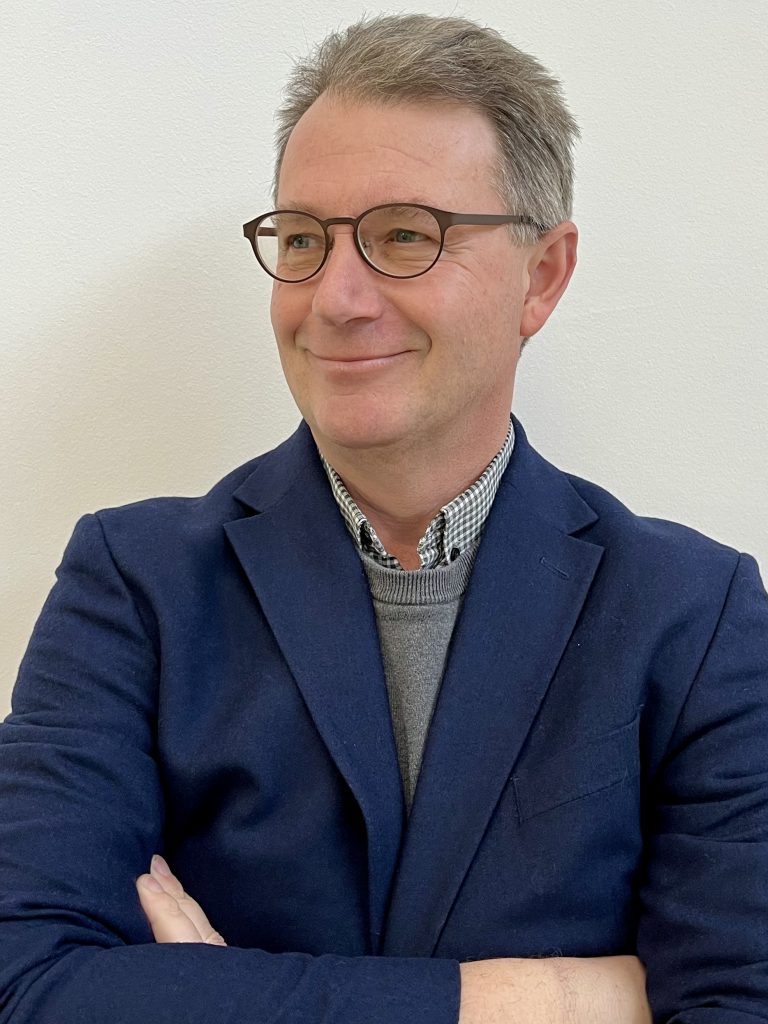
For the past 22 years Leon has worked at C-level for a number of international technology start-ups in the USA, UK, Russia, Israel and Germany. Leon is a “technology growth” specialist with great experience in strategy, go to market, pricing, sales, busdev, partner networks, marketing and productization.
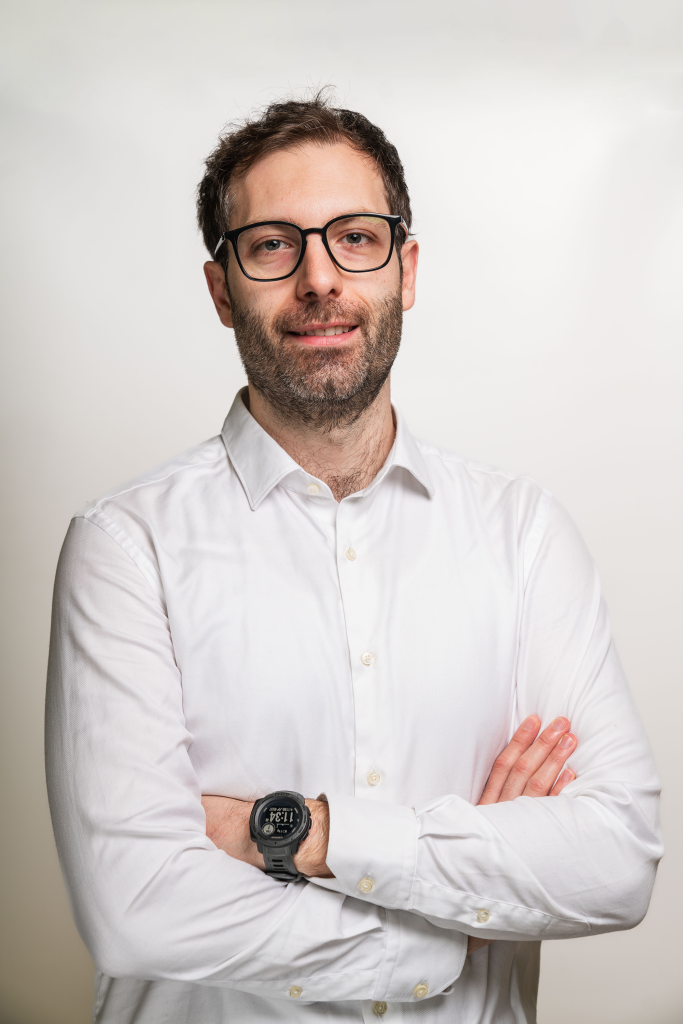
Alberto is a creative and innovation-driven chemist with more than 10 years experience in pure and applied research at international level in the field of catalysis for artificial photosynthesis. He has published more than 20 papers and generated JOLT´s core patent of JOLT.
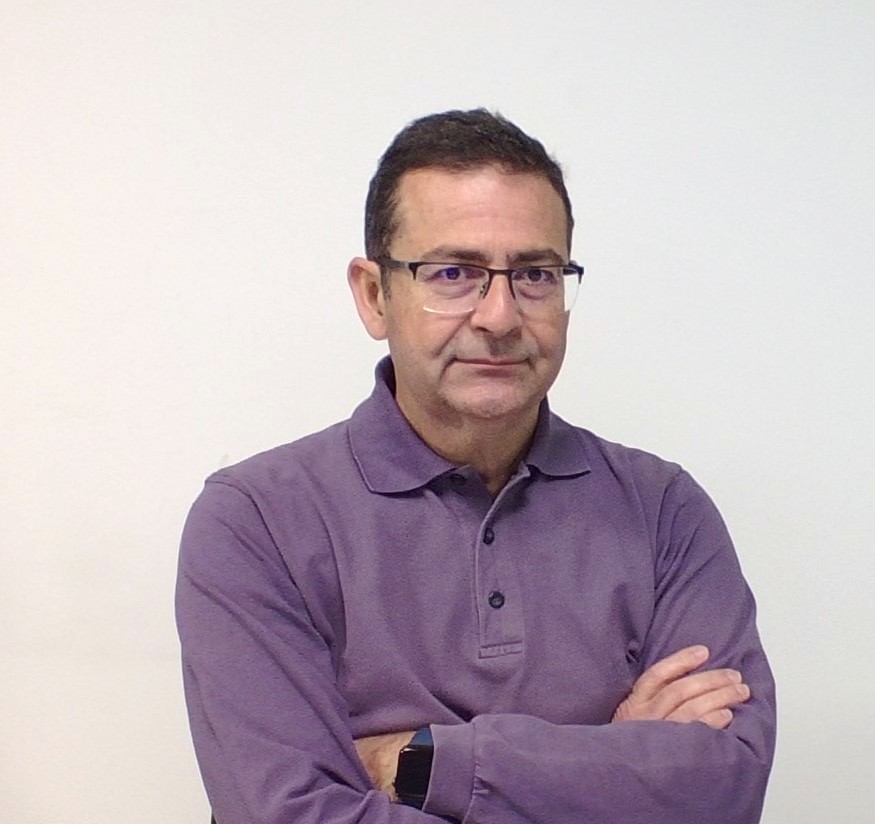
Arturo is an IQS chemical engineer and Master in Operations from ESADE. Arturo has a rigorous and analytical approach to his work and is an Operations Director with more than 20 years of experience in the Pharma and Chemicals sector including bringing new projects from the laboratory to the factory floor.
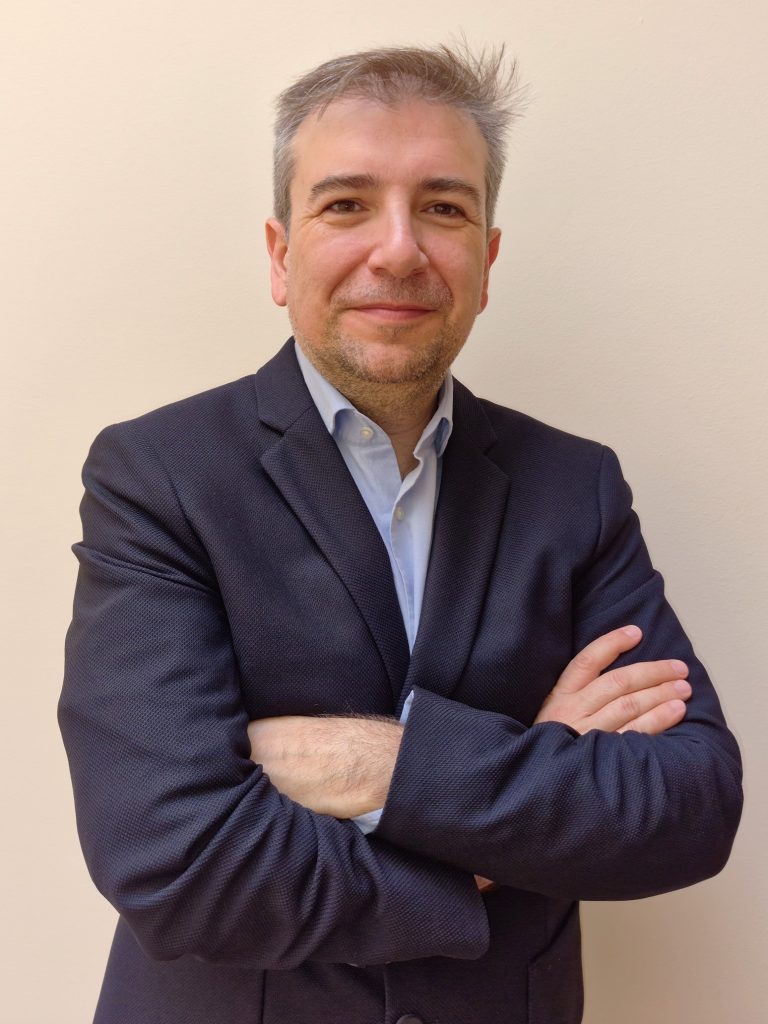
Julio is an ICREA Professor with over 20 years of international research experience and leads a research group at ICIQ, specializing in catalysis for artificial photosynthesis. He has authored over 110 publications and holds eight patents, including the foundational patent for JOLT’s core technology, and co-founder of 3 spin offs.
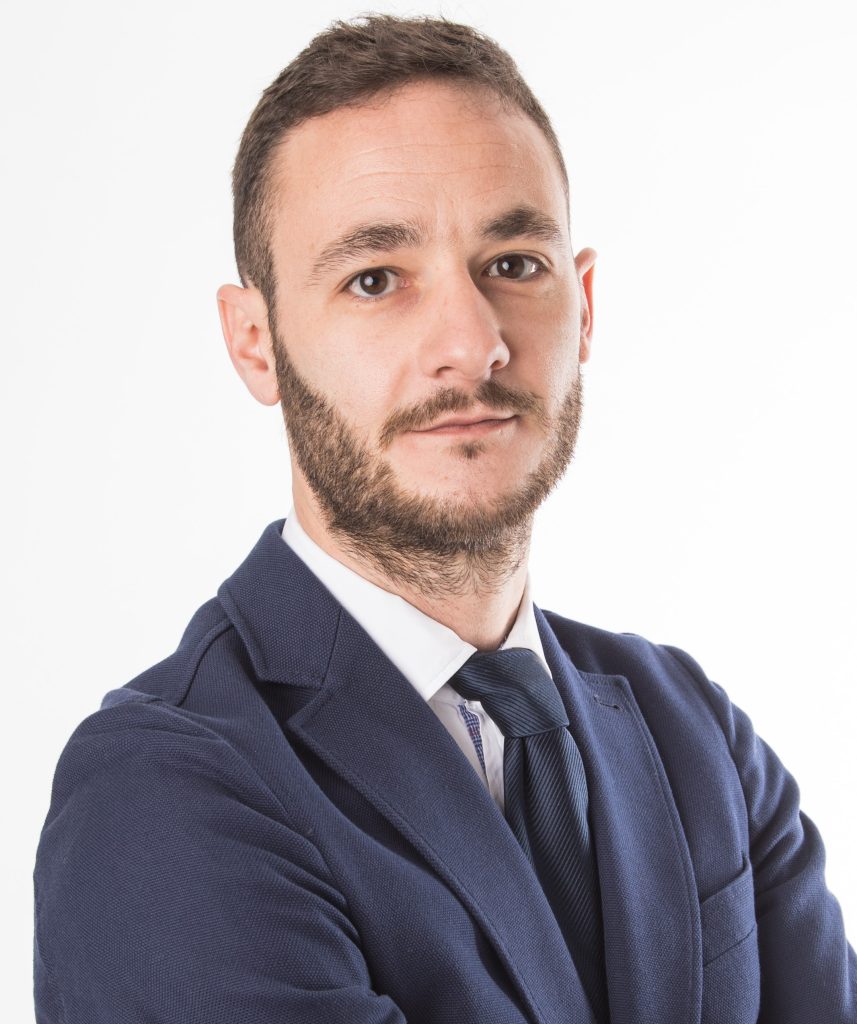
Daniel Miniño Justel is head of finance for Jolt. Daniel has been advising companies in the financial sector for 10 years. His studies in Business Administration, along with his ongoing training, provide him with the necessary knowledge in the business world.
Having completed three Master’s degrees in Financial Management, Accounting, and Tax and Fiscal Advisory, he possesses a deeper and broader understanding of the financial field.
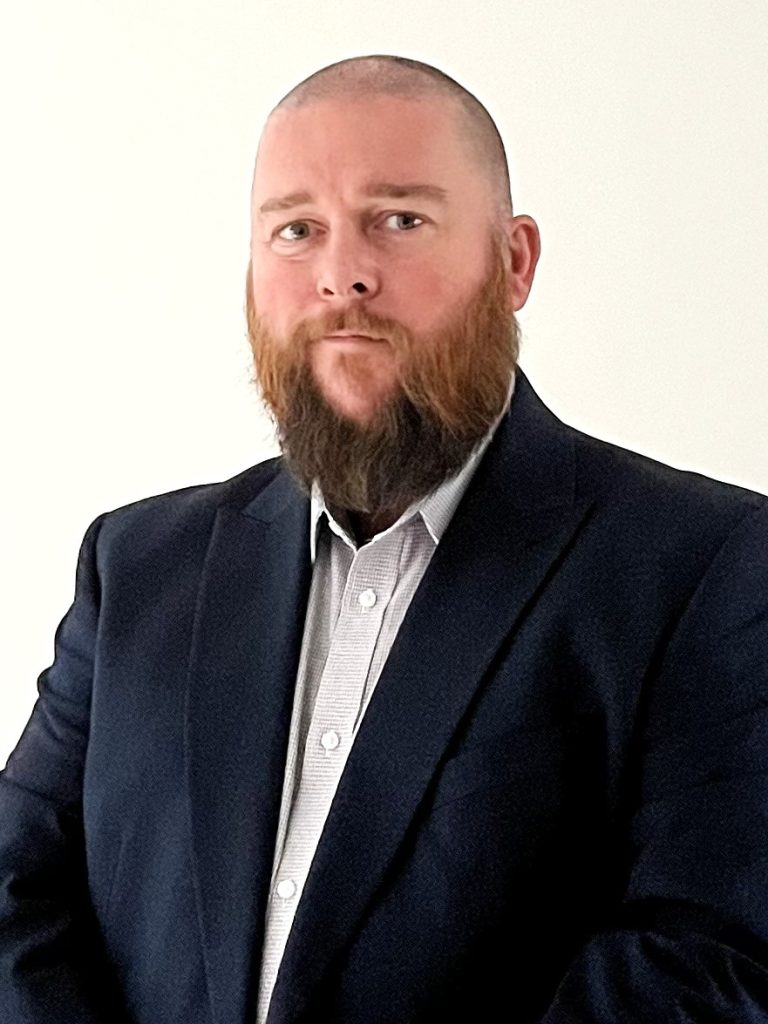
Wayne is the commercial lead for Jolt in the role of Global Sales Director – Electrode Solutions. Wayne has >10 years’ experience as a chemist before he moved into commercial roles. With over 12 years’ experience of international business management, Wayne has focussed for the last 4+ years on the water electrolysis market specialising in PGM catalyst materials. Wayne will be spearheading our commercial activities in electrodes for the Hydrogen sector as well as our electrode offerings for Saltwater Chlorinators (swimming pools) & Chloralkaline markets.
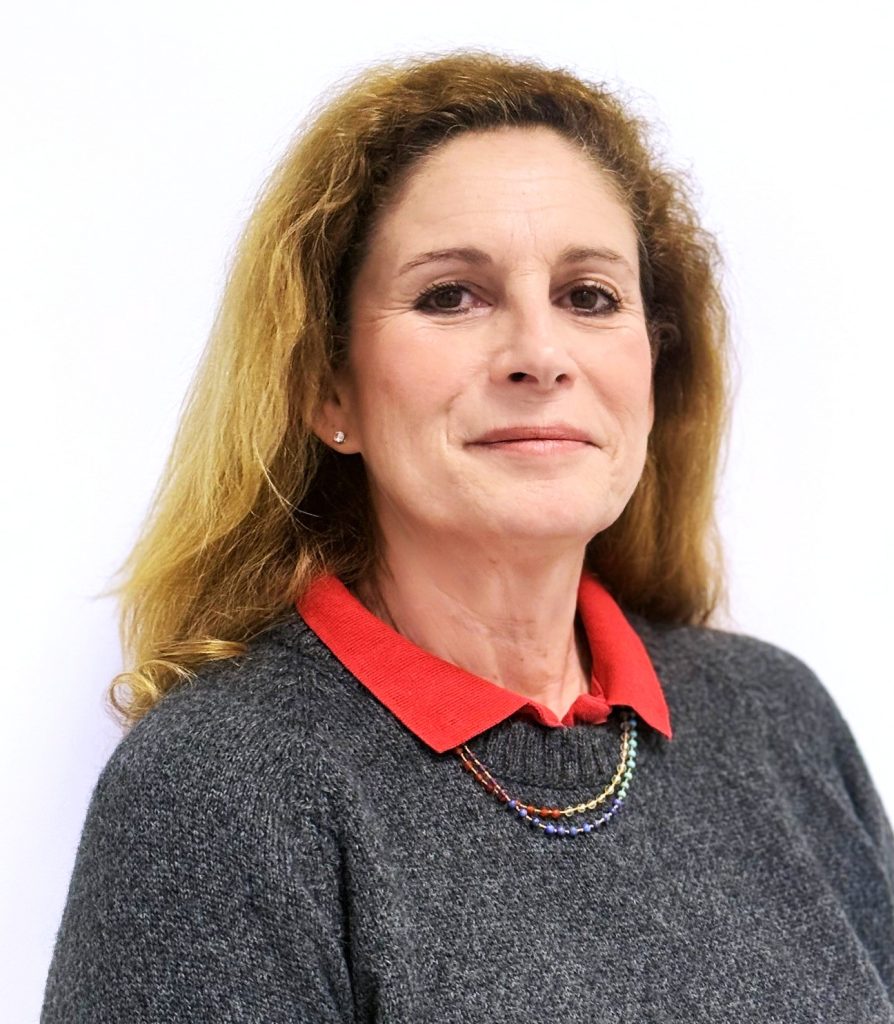
Mariachiara is a passionate Electrochemist; innovative solutions are her preferred challenges. Along 30 years she has developed electrochemical processes envisioning environmental sustainability. She developed On-site/On-demand concepts transforming ideas into products. Mariachiara holds seminars on environmental electrochemistry at the most prestigious Italian Universities in Milano.
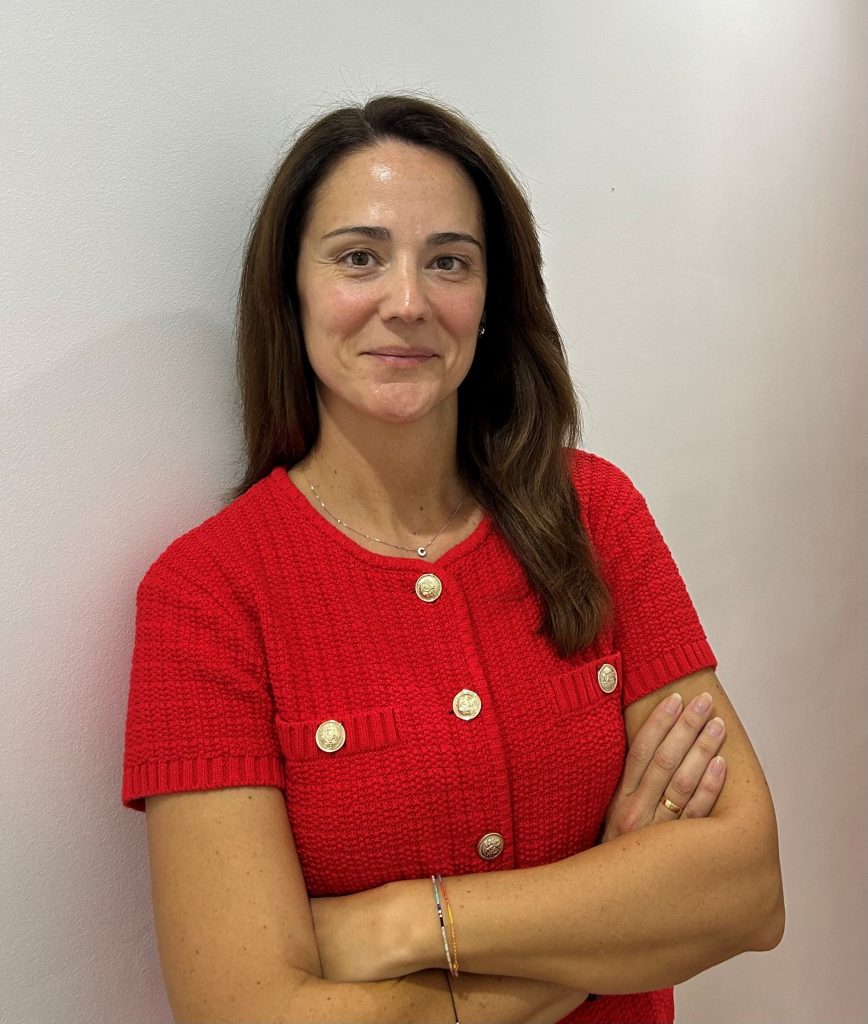
Cristina holds Master’s degree in Industrial Engineering from University of Zaragoza and a Master in Business Administration from EAE Business school. She has specific training in Digital Transformation, having completed an Executive development program in this subject.
With over 15 years of experience, Cristina is a high qualified team leader, having managed the developement of new technolgy products and processes on an international level, across various sectors such as chemical, automotive, and technology.

Eugenia has joined Jolt in the role of Sustainability & Quality Manager. Eugenia is a Chemical Engineering with more than 13 years of experience in high-level companies, demonstrating a great ability to work in an international, fast, and changing environment. She have performed different roles in the QHSE Department for chemical companies.
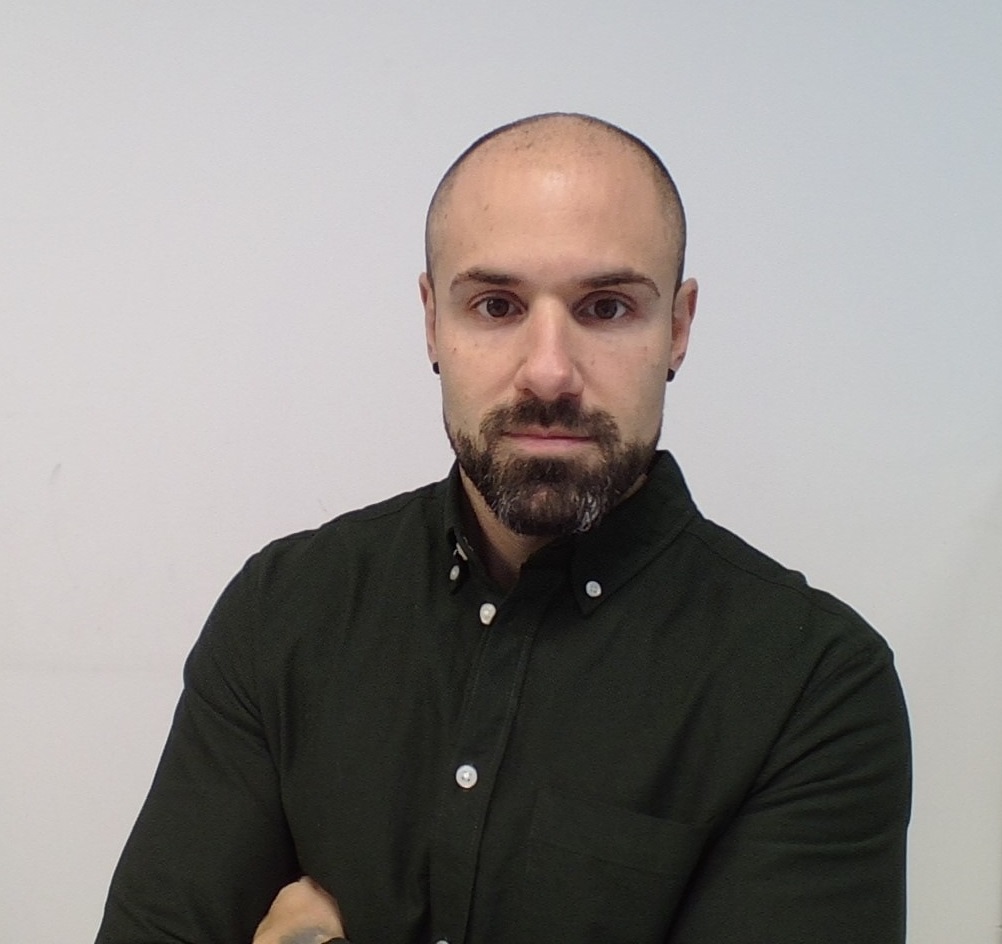
Miguel is the Quality Control laboratory Manager for Jolt. Miguel has degree in Chemistry and a master’s degree in Analytical Chemistry from the University of Barcelona. He has previously collaborated with the Electroanalysis group of the University of Barcelona, and has worked in different research centers and chemical companies, both in research and development and in a quality control laboratory.
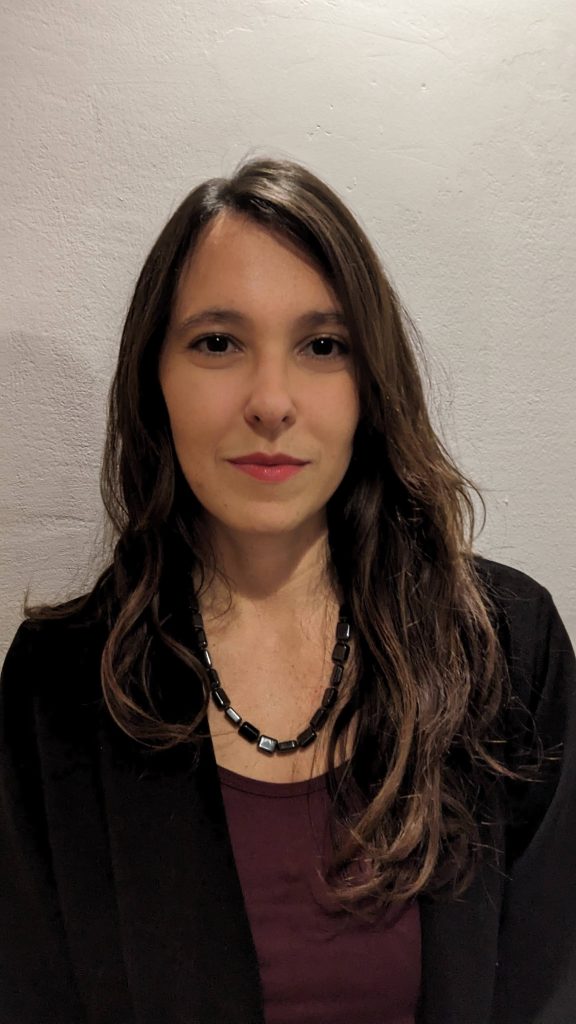
Silvina is the technical department manager of Jolt. Silvina is a Chemical Engineer with over 10 years of experience in managing and leading projects across various industrial sectors, including energy, mining, and chemicals. She specializes in implementing effective solutions for process optimization.
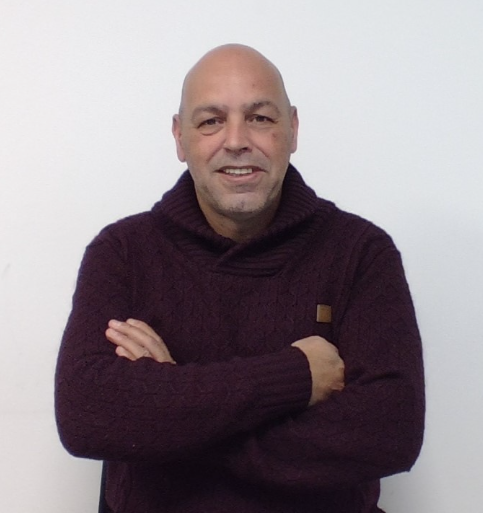
Josep Antoni Lopez Moyano, joined Jolt in the role of IT Manager, with more than 25 years of experience on IT sector, managing IT infrastructures with an important trajectory on Microsoft environment and knowledge of SAP solutions and implementation of IT security policies, regulatory compliance as well as planning an execution of resilience plans.
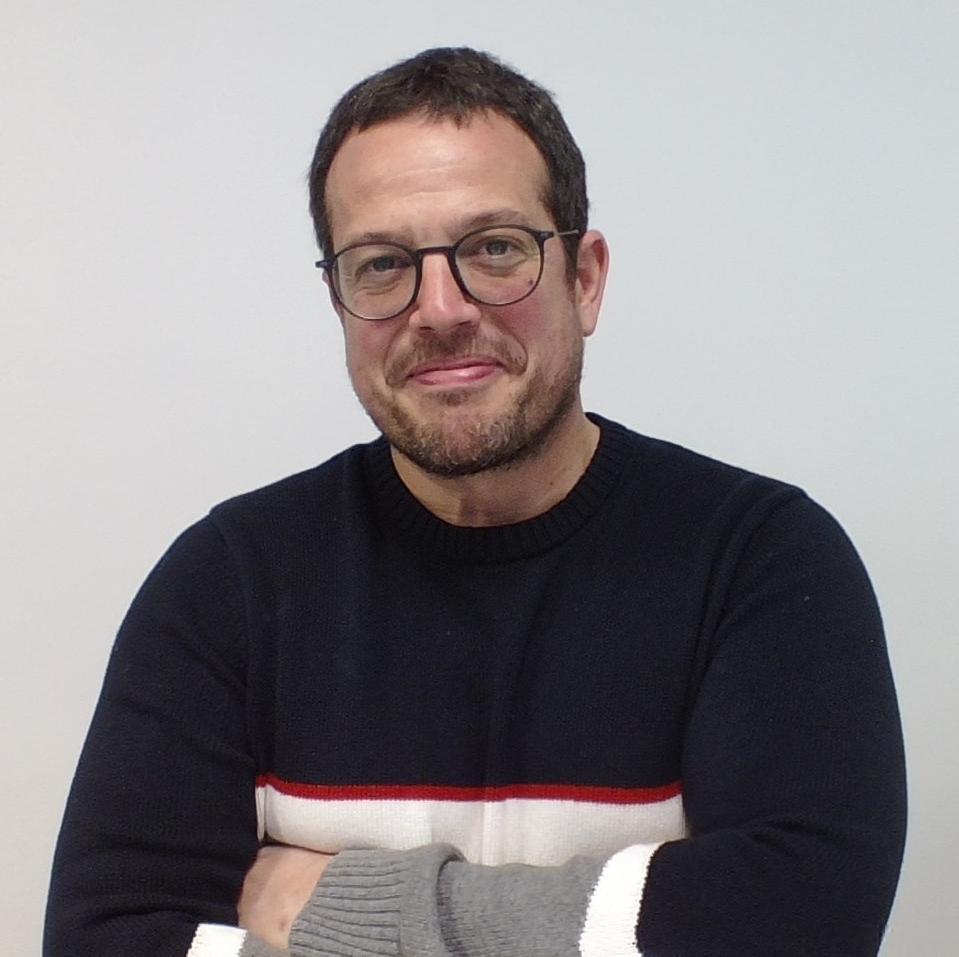
Toni has studies in environmental chemistry and industrial mechatronics, transversal training ranging from mechanics, pneumatics, robotics, electronics to regulation and control of automatic systems.
For 20 years, his professional experience has led him to specialise in the maintenance of chemical plants, in the Pharma sector, one of the most demanding in terms of rigour and methodology.
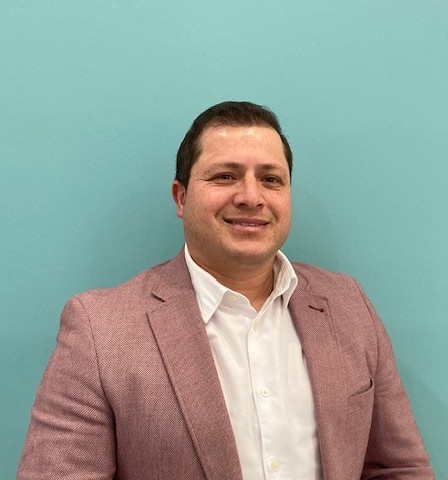
Andrés Gómez is a consultant specializing in financial management and accounting advisory services. With over 10 years of experience in auditing, accounting, and financial process management, he has worked in key sectors such as banking and energy. His academic background includes a Bachelor’s degree in Economics and a Master’s degree in Accounting and Auditing, giving him a deep understanding of the financial and business landscape. His expertise allows him to offer strategic and tailored solutions to optimize financial management.

Loreto has a degree in History and Aesthetics and a master’s degree in Editing. She’s a seasoned professional bringing more than 15 years experience from the Culture, Tourism and Publishing industries where she’s held a variety of customer facing positions, including customer operations and logistics coordinator, team lead and project manager. Loreto has joined Jolt as an administrative receptionist

Jordi is a Ph.D. in chemistry and has over 10 years of experience in catalyst synthesis and evaluation for electrocatalytic applications, with the main focus on water electrolysis. Besides his scientific experience in different universities and research institutes across Europe, he has led an R&D team focused on AEM technology, starting up collaborations with industrial partners and managing national and international projects both from a technical and organizational perspective.
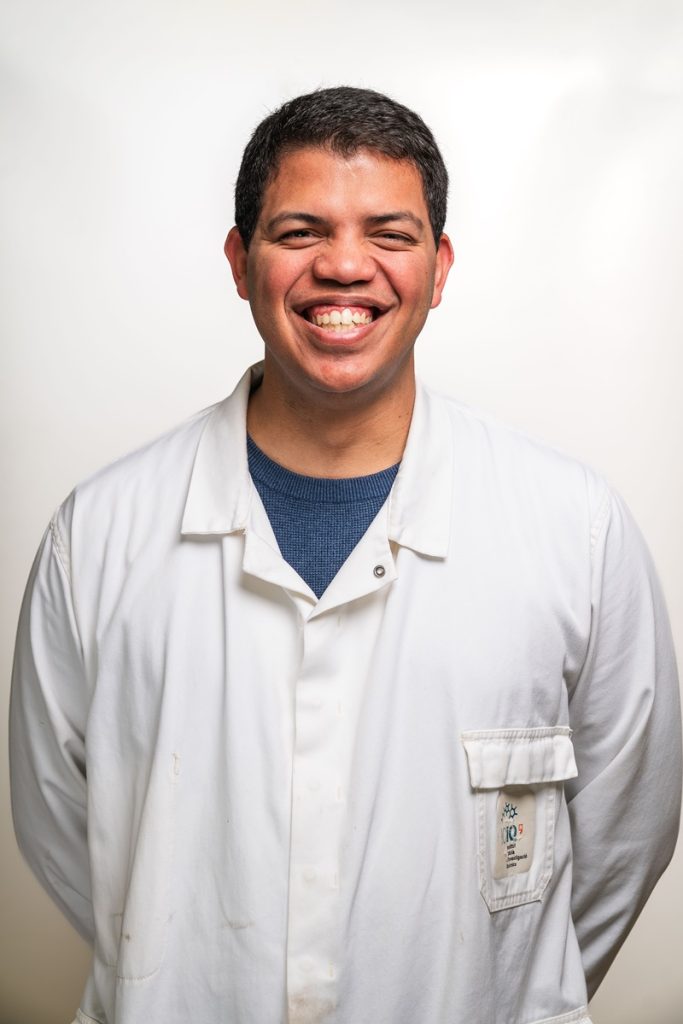
Luis is an electrochemical scientist for Jolt. Luis is a researcher with 10 years of experience in electrochemistry and with eight scientific publications in indexed journals.
He has worked at different universities in Spain, Mexico, Venezuela and Germany, focusing on the fundamental science of designing electrocatalytic surfaces and materials for hydrogen reactions. During his work in monocrystalline metal chemistry, he has acquired programming skills in different languages and knowledge of electronics that allows him to design original instruments and experiments of high precision and sensitivity, capable of detecting the subtle but key changes that influence the catalysis of reactions. electrochemical.
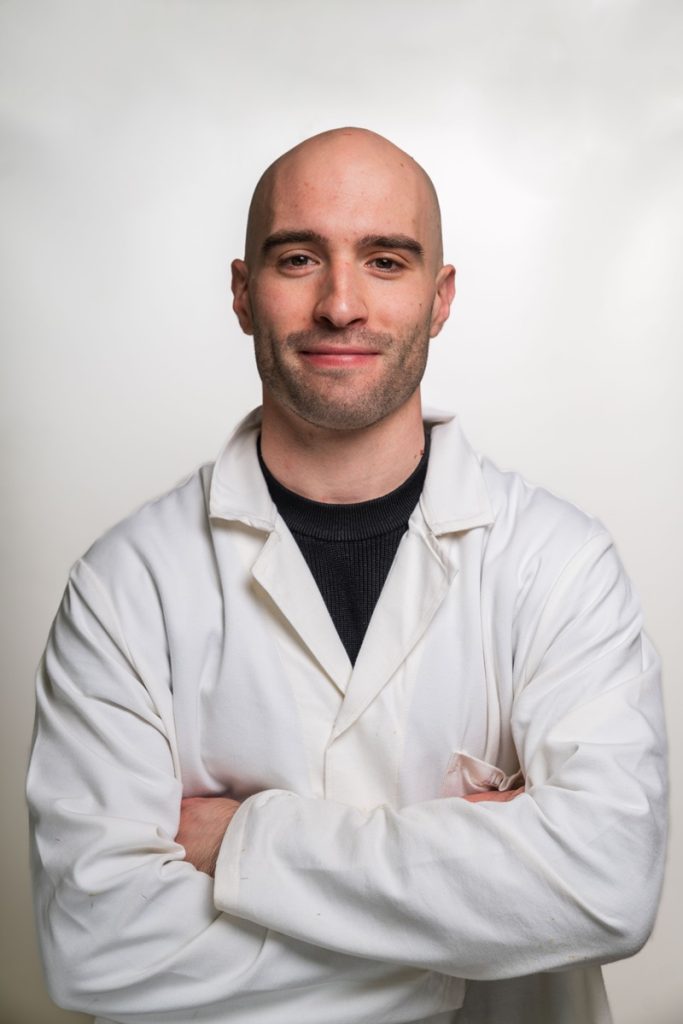
Alession Di Giacamo is a research scientist for Jolt. Always aiming for sustainability, Alessio has a multiple year experience in materials research. After graduating in Inorganic Chemistry from the University of Pisa, he worked as Research Assistant at the Swiss Federal Laboratories for Materials Science and Technology (EMPA). Subsequently, he graduated with a PhD degree in Chemistry at Ghent University (Belgium), focusing on the synthesis of quantum dots, the nano-semiconductors whose discovery was awarded this year’s Nobel Prize in chemistry. uHis expertise in synthesis and nanoparticles will be a precious resourse in enhancing the innovative electrode technology offered by Jolt Solutions, particularly on the PGM-free side of the spectrum.
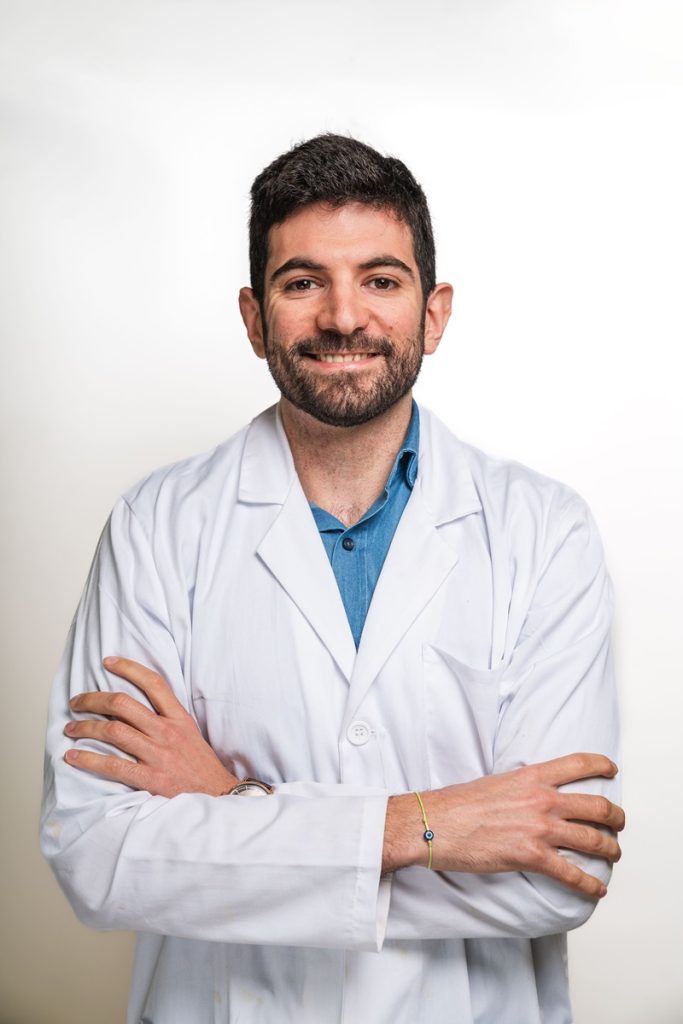
Lluis is a research scientist for Jolt specialising in the application of PGM catlaysts.
Lluís is a seasoned science researcher with over 7 years of expertise in developing catalysts materials (based on PGM) for water electrolysis (PEMWE). He holds a degree in chemistry with a specialization in materials from the Universitat Autónoma de Barcelona, and a doctorate in Energy and Process Engineering from the Ecole des Mines de Paris.

Georgia Martimianaki is a Research Chemist with a strong background in Electrochemical Energy Storage and Photocatalytic Hydrogen Production. Holding a Master’s degree in Nanoscience and Nanotechnology, Georgia has developed a deep understanding of the nanoworld and its applications in advanced materials and energy systems. Her research experience spans across Spain and Greece, where she has worked with multicultural teams to tackle challenges in novel technologies.
As a Researcher at Jolt, Georgia will contribute to advancing the company’s mission of delivering next-generation energy solutions, with a focus on optimizing Jolt’s electrode technology through innovative R&D projects.
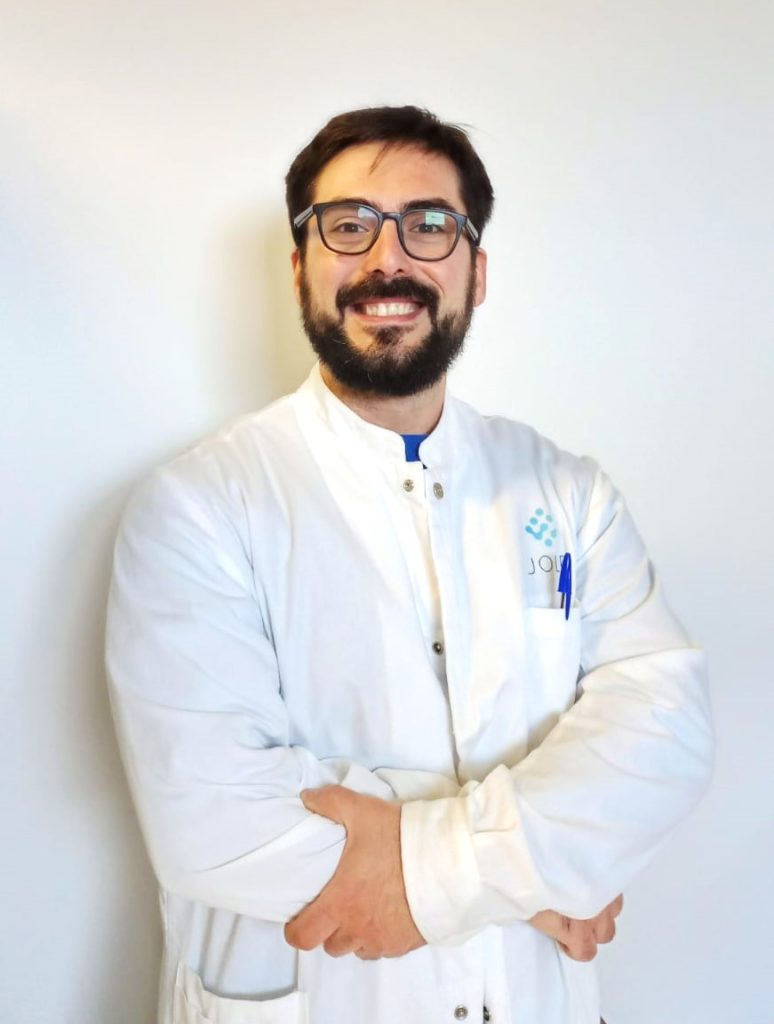
Andrea Rivoli is a research scientist with a strong focus on innovation and problem-solving in chemistry. With multiple years of experience in synthetic, physical-organic and supramolecular chemistry, Andrea has developed advanced skills in multistep synthesis, purification, and characterization of complex molecules. During his Ph.D. in Chemistry in ICIQ (Tarragona, Spain), Andrea contributed as a visiting researcher at TU Dortmund University (Germany).
His expertise encompasses a wide range of analytical techniques, including NMR, ITC, MS, UV-Vis, and HPLC, complemented by problem solving and technical writing skills. With a strong commitment to science, Andrea combines technical expertise with creativity to address challenges in modern chemistry and process development.
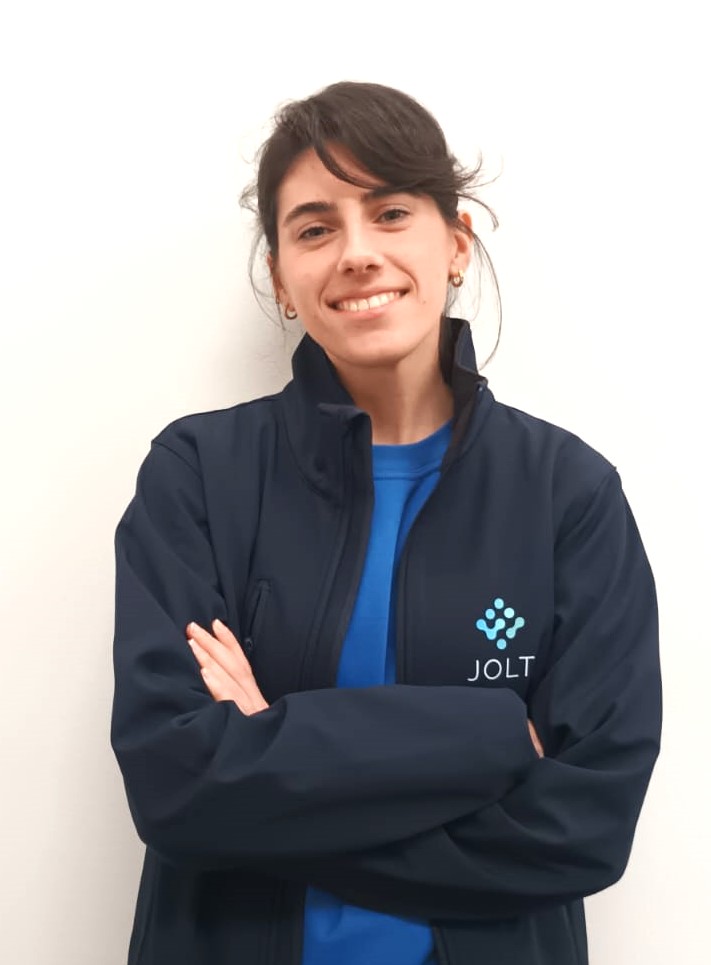
Martina is a research chemist in the R&D department of Jolt. After obtaining her MSc degree in Chemical Sciences at the University of Ferrara (Italy), she got the PhD title in Chemistry at the Institut Catalá d’Investigació Química (Spain), focusing her investigation on developing polymeric organic materials based on non-critical elements for their functionalization with molecular catalysts for the overall artificial photosynthesis. Within this work and an experience as visiting researcher at the Ben-Gurion University of the Negev (Israel), she gained a wide expertise on catalysis, electrochemistry and synthesis of functional materials.
With her knowledge and committment for exploration and multicultural environments, she will contribute to optimize the novel electrode technology developed by Jolt Solutions
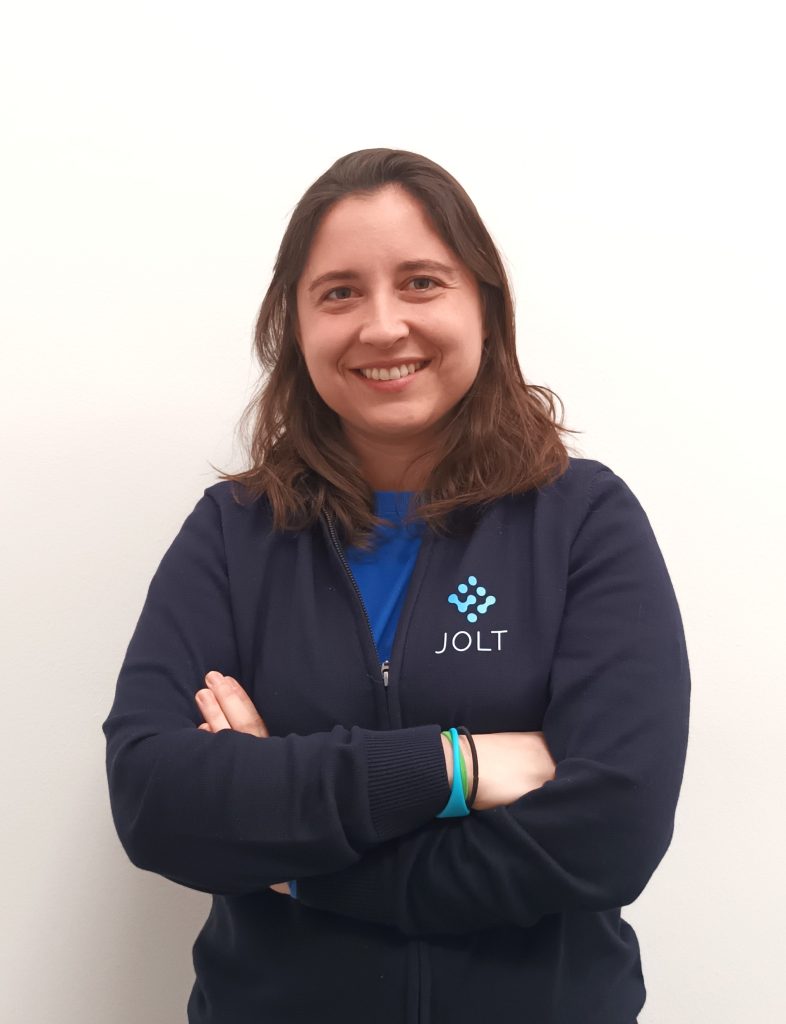
Andrea holds a PhD in Engineering and Applied Sciences, specializing in the fabrication and characterization of metallic parts produced by Cold Spray Additive Manufacturing. Her research has focused on a wide range of applications, including repair technologies and PEM electrolyzers. Additionally, she has experience in the coating techology ranging from thermal spray coatings to polymeric varnishes for food packaging.
As an R&D engineer at Jolt, Andrea will contribute to the R&D department by developing new materials for electrode manufacturing. She will also support the standardization of materials and processes to drive innovation in product development.
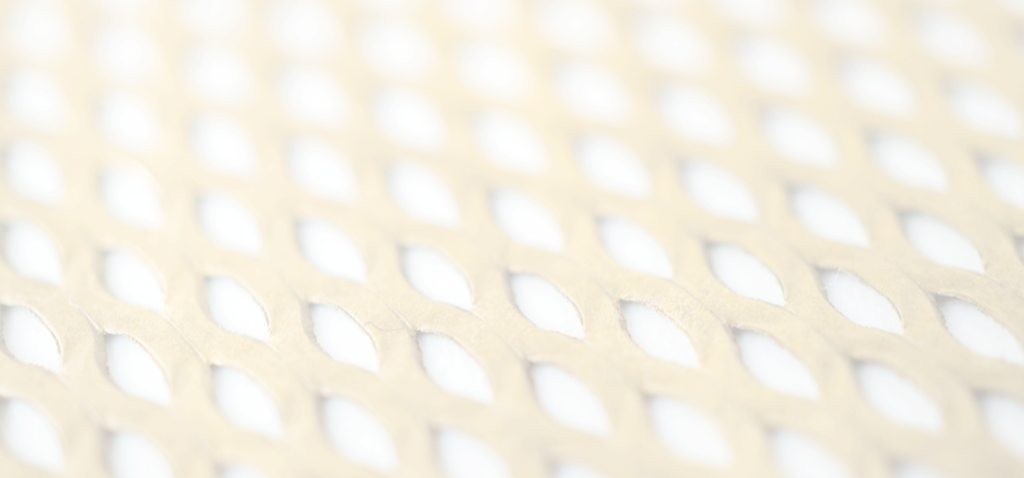
Join Us
At Jolt Solutions, we are passionate about the work we do.
As we scale, we are looking for a range of talents to bring to life our pioneering work. Whether your background lies in electrochemistry, engineering, or entrepreneurship, we’d be happy to hear from you. If you are interested in joining the Jolt team, please get in touch.
Get in Touch
What does the future hold for next generation electrodes?

JOLT IN LAYMAN’S TERMS
At the end of the day, Jolt is a coating company – albeit with a different approach to production.
Our team is very conscious of the issues surrounding climate change so the first place we looked to see where we could help was in relation to CO2 mitigation. Knowing that hydrogen can help decarbonise the hard-to-abate sectors (heavy industry, heating & heavy transport), where a simple switch to electricity is impossible, this seemed a logical place.
Millions of tonnes of hydrogen are produced and shipped every year already. The standard production method (steam methane reforming) however is a large CO2 emitter.
“There is an alternative production method using renewable energy called electrolysis. This produces “Green hydrogen” which emits zero CO2. The process of electrolysis uses a piece of equipment called an electrolyser and the heart of the electrolyser is the electrode package.”
Electrodes are normally made from nickel (wire mesh, foam, felt) and to boost the performance they can be coated in catalysts. Jolt has a new patented process for applying the catalyst to the electrode which is going to significantly improve the performance of these electrodes, whilst also being faster and cheaper to produce.
“This is going to directly affect the cost of producing green hydrogen” which will in turn facilitate its adoption and reduce CO2, fighting climate change.
As stated, Jolt is in the end a coating company. We will therefore also develop electrodes for other sectors outside of green hydrogen.
“The patented Sparkfuze™ process allows for the production of electrodes of all types, in a greener way.”
Our process itself uses much less power so can reduce the CO2 released whilst producing electrodes for chloralkali, electrowinning, cathodic protection, etc and can help decarbonise these other sectors.
Interview with Wayne Thornhill, Chief Sales Officer
1. What do you think are the big trends that will shape the electrolysis sector in 2024 and beyond?
The electrolyser market is going through growing pains at the moment.
“There is a big gap between where we are and where we need to be” in terms of scale of deployment. Currently there are only single digit GW deployments of electrolysis and market analysis shows this need to reach around 4500GW by 2050.
Going forward,
“The trends are going to focus on which technologies are proven to work and which can scale up quickly enough” So far alkaline electrolyser technology is the only truly proven technology, but this has fundamental issues in terms of low current density and low dynamic response. This is where Jolt has identified its technology can help. Through the use of Jolt’s electrodes, we can boost the current density and durability significantly. This goes for alkaline and AEM (anion exchange membrane) electrolysers. Next generation alkaline, or the newer AEM technology, will improve in performance and reliability.
“PEM technology shows great promise and is starting to enter maturity” There are still improvements needed with the technology in terms of durability and its reliance on critical materials & PFSA (perfluorosulfonic acid). We should see a lot of development in this area; new production methods for the membrane assembly and optimised catalysts with lower precious metal use, especially iridium which is one of the rarest elements on the planet and currently the main catalyst used in PEM (proton exchange membrane) technology.
For the electrolyser market to mature the whole supply chain needs to scale up. Electrodes are normally missed from this conversation.
“The existing infrastructure for electrode manufacture is labour and power intensive with high CapEx” Jolt’s electrode manufacturing can be deployed quickly and at high scale meaning we are not scared of the big GW numbers for 2050.
“A constant focus in the electrolysis market is the reduction in critical materials, particularly precious metals” Again, this trend is something Jolt is heavily focussed on and working to solve.
2. What will the next generation of catalysts bring in the next 5 or 10 years?
With the trend towards reduction in critical materials we will see precious metal free alternatives taking centre stage. Jolt already has low Platinum Group Metal (PGM) or PGM free packages for use in electrolyser technology.
“Catalysts, and more importantly catalyst deposition techniques, will move in the direction of higher efficiencies and higher durability”
The solution combustion method, SparkfuzeTM, employed by Jolt was originally developed as a fast production method for screening and utilising catalysts. Jolt’s first product offerings have focussed on market known catalyst mixtures (taking a new production method to market, to avoid injecting further doubt in the process by using new catalysts as well)
“In the future we can couple solution combustion with automated sample preparation and AI to screen hundreds of catalyst candidates and further optimise catalyst performance”
3. You have just joined Jolt – what is the team like? What are their ambitions for the future?
The team in place at Jolt has a very, very good pedigree of experience. They are also a global team with employees from across Europe and South America. The research team led by Dr Bucci (CTO) has a high level of knowledge relating to catalysis and electrolysis, and
“their research is leading to incredibly exciting results which are revolutionising the production of electrodes” The core team in the office/factory have a wealth of expertise in quality, finance, IT and manufacturing which all complement each other.
Collectively we have a vision for Jolt. We are already planning production sites across the globe. Our technology can be deployed in small production sites each capable of producing hundreds of thousands of meters squared of electrodes. This business model is very different from our competitors who use centralised production in a few sites.
“Jolt’s team envisions dozens of sites, sometimes customer specific” close to where they are needed.
4. How will Jolt’s Sparkfuze™ process help the transition to Green Hydrogen?
Our products can directly affect the “levelized cost of hydrogen” (LCOH).
“An electrolyser manufacturer using Jolt’s electrodes will get more power, and in turn more hydrogen production, from fewer or smaller electrodes.” With our faster and lower cost process they will see a reduction in the €/m2 cost, whilst at the same time needing less m2 – a win-win. This also means they will pay less for the other components, such as bipolar plates, diaphragm/membrane, seals, etc, through the reduction in cells required or through the use of smaller cells.
Electrodes are combined with other components to make a cell, and these cells are stacked in series forming the heart of the electrolyser called “the stack”.
“This reduction in cells, or size of cell, will bring down the cost of the stack significantly, which currently accounts for 45% of the electrolyser cost” This will reduce the CapEx for green hydrogen projects and, through increased efficiency and longer life, mean less downtime and replacements – which will also reduce the OpEx. Through reduced CapEx and OpEx you will see a reduction in the LCOH and once low enough
“green hydrogen will displace fossil fuels”.
Contact Us
Please contact us, or alternatively register your details so we can keep you up to date with our progress
Address
Botanica 107-109, 08908, L’Hospitalet de Llobregat, Barcelona, Spain
Phone
